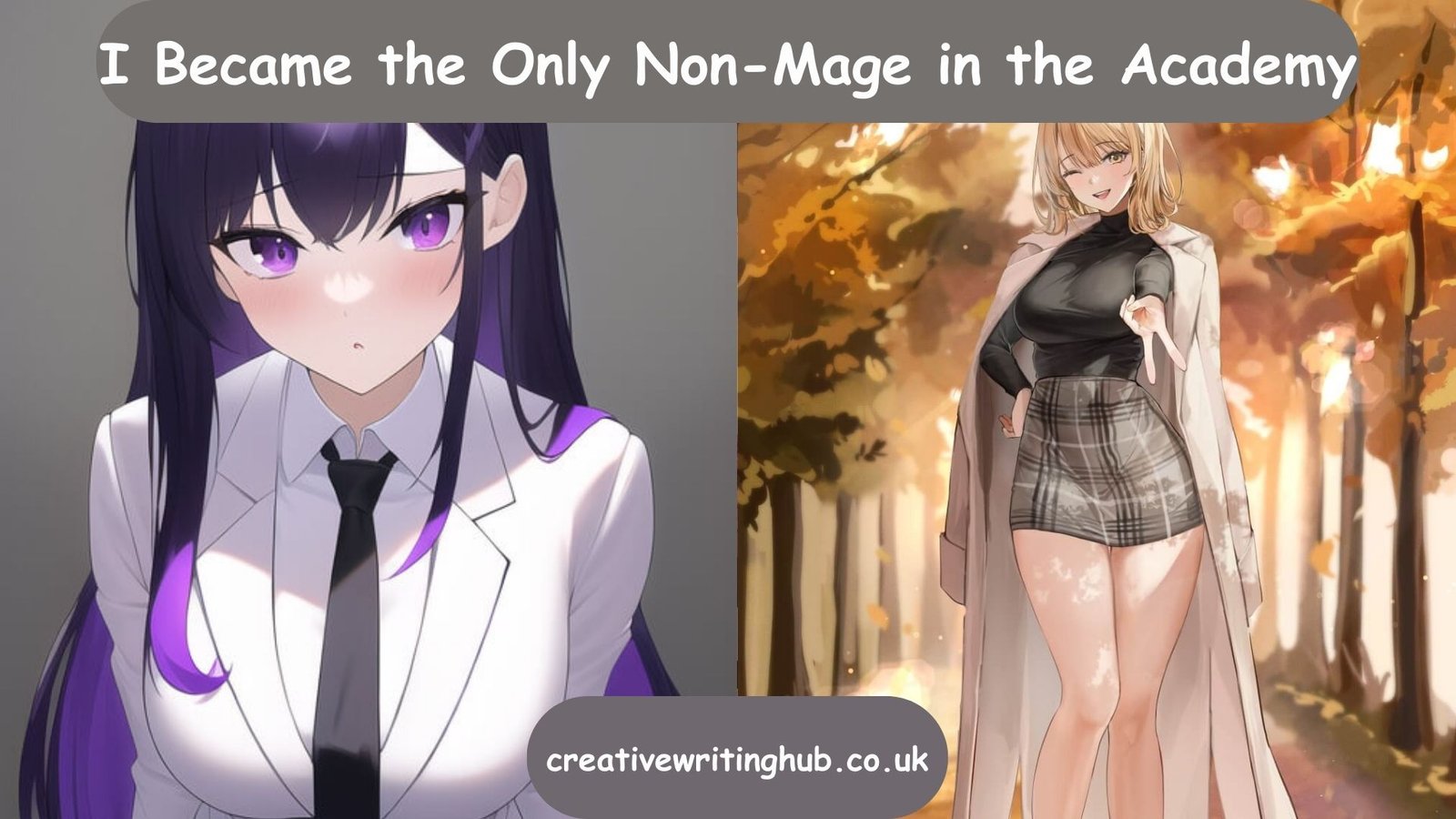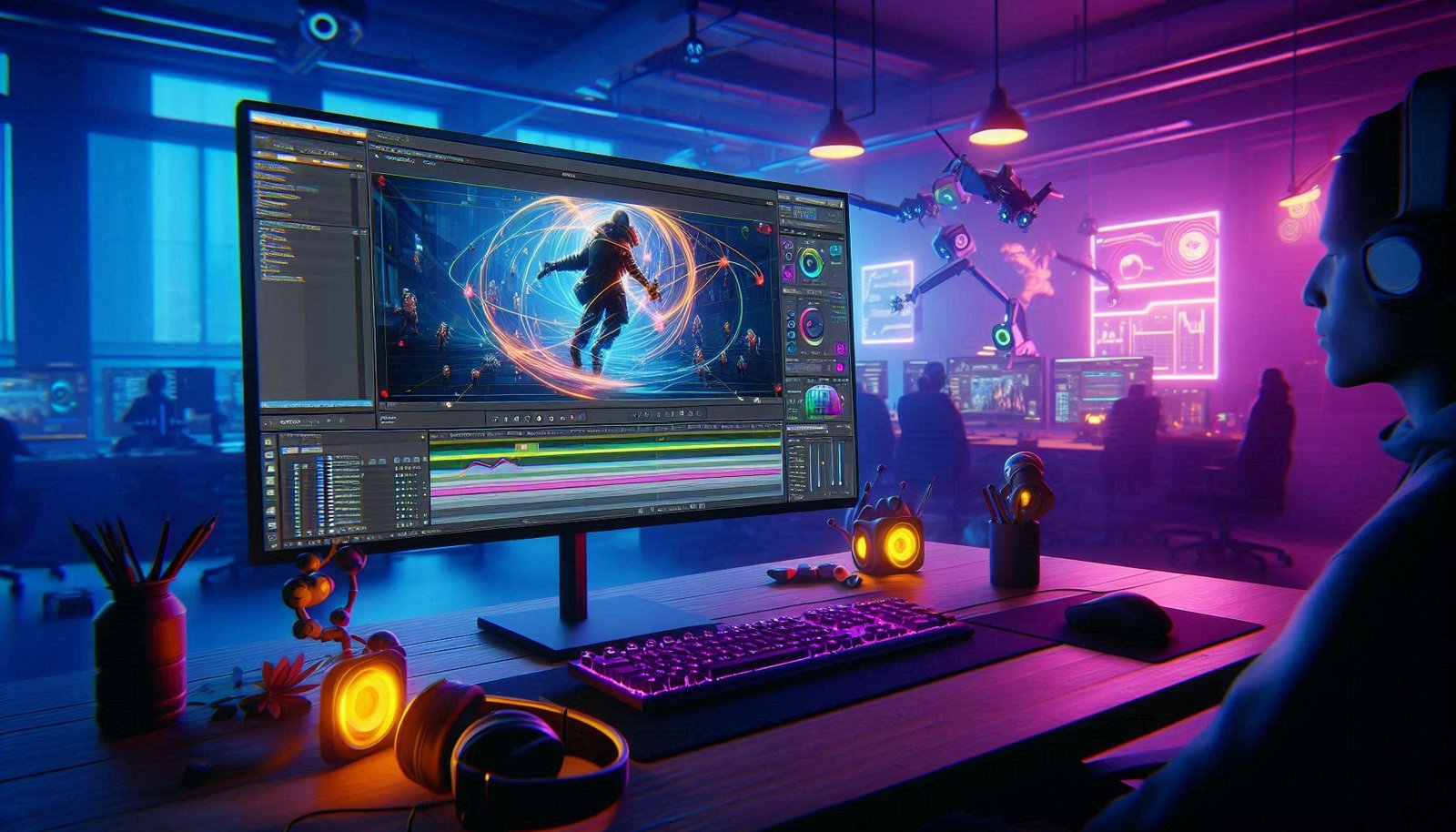Coming to the Mage Academy as the only non-mage is challenging and is an extraordinary experience. I Became the Only Non-Mage in the Academy where magic is considered sacred and a necessity for society, and being a mage is the dream career. To get admission to such an institution for the first time in the life of a non-mage character, it is nearly impossible. Yet our hero/heroine is confined to operating under those harsh circumstances.
The Unique Challenge of Non-Magic Admission
Becoming a student of the Mage Academy if one is not a mage himself, demands wit, patience, and special abilities. Non-mage applicants have it relatively tougher; they are, for instance, not normally endowed with magical powers, an asset often expected of any applicant in schools of magic. The strict conditions to enter, though, admit those persons who have certain outstanding features in particular fields, for example, science, alchemy, or strategic planning. Our protagonist’s journey begins with such an exception, making them a trailblazer for future non-mage aspirants.
Navigating the Curriculum: Blending Magic and Mundane
The education at the Mage Academy is mainly for people possessing magical powers and skills. Most of the lessons are based on what one needs to know as a witch or a wizard including how to cast spells, how to prepare potions, and basic magical principles. For a non-mage, therefore, learning in these courses needs the active use of the mind and finding of new ways of doing things on the Work. This is way, the protagonist applies his/her skills in engineering and analyzing the resemblance between magical and non magical spheres. These factors are as much beneficial for them as they allow keeping up with peers’ results and bring a rather valuable individual approach into the process to facilitate the learning process for all.
The Art of Potion Making Without Magic
The most difficult thing that a non-mage would be in a position to understand or take is potion making, which is a paradigmatic magical practice. The protagonist, however, focuses on potion making in terms of chemist and biology might be defined. Insofar as they are aware of the chemical activities and biological impacts of these compounds they are able to concoct brews every bit as good as those produced by their magical counterparts. Besides, they receive a great help with it, and their view on things is quite different from that of regular researchers and scholars, which makes their work very beneficial and new to everyone, be them mages or no-mages.
Understanding Magical Theory Through Science
Magical theory is another cornerstone of the academy’s curriculum. For a non-mage, comprehending concepts like mana flow, spell matrices, and elemental affinities without experiencing them firsthand is incredibly challenging. Our protagonist tackles this by drawing analogies to physical and quantum sciences. By correlating mana flow with electrical currents and spell matrices with complex algorithms, they devise a method to understand and even predict magical phenomena. This scientific approach to magical theory not only aids in their personal academic success but also bridges a gap between the two worlds, fostering greater collaboration and innovation.
Building Alliances: The Importance of Social Dynamics
Surviving in the Mage Academy as a non-mage is not solely about academic prowess; it also involves navigating complex social dynamics. Mages, who are accustomed to a society where magic dictates status, often view non-mages with skepticism. The protagonist must overcome this bias and build alliances through empathy, communication, and demonstration of their unique value. By excelling in their studies and contributing to group projects with a different perspective, they gradually earn the respect and friendship of their peers.
Forging Bonds Through Shared Challenges
The academy environment, with its competitive and demanding nature, provides numerous opportunities for forging strong bonds. Group projects, dueling clubs, and magical competitions require teamwork and collaboration. The protagonist, despite their lack of magical abilities, plays a crucial role by offering strategic insights and innovative problem-solving techniques. These contributions not only help their team succeed but also showcase the potential of non-magical approaches, leading to mutual respect and deeper relationships.
Mentorship and Mutual Growth
Mentorship plays a vital role in the protagonist’s journey. Realizing that these children are conspicuous, some humane professors and some of the senior students follow the characteristic of mentors and guide them. This is not just, but rather mutual; for while the protagonist learns valuable lessons on magic, their respective mentors also learn from the perspectives of a non-mage and new ideas that He Who Fights with Monsters brings. This mutual learning is understood to form part of a diversifying academy culture and learning culture that included new interdisciplinary fields.
Innovating Within Constraints: The Non-Mage Advantage
Being the only non-mage in the academy comes with a set of unique constraints. However, these limitations also lead to innovation insofar as it is impossible to rely on authoritative and objective information when making decisions. The main character does not possess magical powers, hence cannot use spells; as a result, he has no choice but to look for inventive ways on how things can get done when they could be easily done through magic. This desire for advancement exists in an academic setting and results in discoveries that compel revision of the prevailing models and approaches to the practice of magic.
Technological Integration in Magical Practices
One significant area of innovation is the integration of technology with magic. The protagonist pioneers the use of technological tools to enhance magical practices. For instance, they produce instruments that can detect mana levels and enable the precise spelling of potions. In addition to improving the practice of magic, these innovations also ensure that creativity can continue to grow and research start-up new avenues of investigation to benefit the whole Magical community.
Strategic Planning and Operational Expertise
Another of the strengths of the protagonist is thinking and planning in business and combat situations. In magical duels and competitions, where raw magical power often dominates, they leverage their analytical skills to outmaneuver opponents. By studying magical patterns and predicting their opponents’ moves, they devise strategies that level the playing field. This tactical excellence not only leads to personal victories but also highlights the importance of strategy over brute force, encouraging a more balanced approach to magical training.
Legacy of the Non-Mage: Inspiring Future Generations
On the fast track as the only non-mage student in the Mage Academy, the story anticipates the possibilities of the future. From them, we can learn that magic and non-magic can work hand in hand with each other in terms of business. This favourable legacy then clears the ground for the principles of the more liberal and the university environment that recognizes the worth of an individual regardless of both the acorn out of which he or she has sprung.
Changing Perceptions and Breaking Barriers
The narrative accomplishments of the protagonist illustrate that the reliance on mere technique is not always better than the utilization of untamed power. Thus, by performing in the world of magic while itself being non-magical, it emphasizes that brains, imagination, and hard work are just as powerful as natural talents and skills. This helps in changing the outlook or the perception towards individuals who are considered to be of a low status and bring about a change in the attitude for a more tolerant and representative one.
Encouraging Interdisciplinary Learning
The speaker demonstrates how effective it is when one hears knowledge and applies it from a different perspective. They contribute towards teaching and assisting the academy adopt diverse subjects and how science and magic can be combined in order to develop a rich education system which can embrace all kinds of knowledge. This approach of integrating scholarly disciplines in order to train learners for the real social world provides them with multiple viewpoints and qualities that are essential in modern society.
Conclusion
The story of a single boy who wants to be a student in the Mage Academy is a testament to the triumph of slug, genius and the human spirit. It shows that there is a possibility of cooperation between students with magical and non-magical backgrounds, which strengthens the argument that having diverse talents at school is beneficial to the students and the school. In their similar stepping into the shoes of the main character, generations of people stay true to the academy’s mission to become a haven for magical and non-magical beings where they can all become the best versions of themselves for the betterment of the world.





